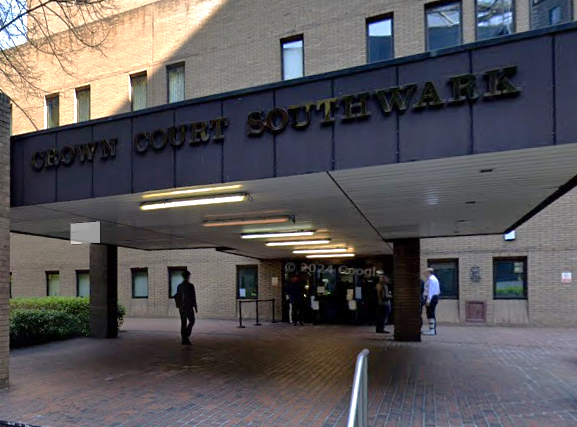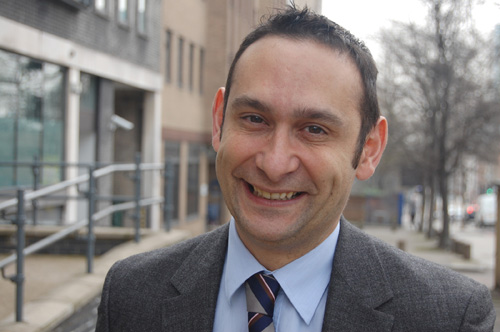Macmillan Cancer Support has successfully prosecuted a gang involved in an “organised, sophisticated and targeted” fraud operation that involved pretending to be genuine cancer patients in need of support.
The gang had opened more than 117 bank accounts and made hundreds of telephone calls “purportedly by genuine applicants pretending to have various forms of terminal cancer” to defraud the charity’s grant system.
Using individual and corporate bank accounts, aliases, addresses and telephone numbers they then sought to launder the proceeds of the fraud.
Their fraud was first identified in 2022 after the charity identified “suspicious grants”. The charity’s counter fraud team along with legal firm Edmonds Marshall McMahon undertook an investigation.
“This revealed that an expanding group of individuals had targeted Macmillan’s grant system and made repeated fraudulent applications using aliases, email addresses, and bank accounts, in each case falsely claiming to have various forms of cancer and required grant funding,” said Edmonds Marshall McMahon.
Five individuals were identified, and legal action began in late 2022. All were charged with conspiracy to defraud MacMillan and each plead guilty to money laundering offences.
“These defendants were involved in serious and organised money laundering; which was all the more surprising given that each defendant professes to be a person of faith,” said the judge at Southwark Crown Court, who handed each sentences including community orders and a three month curfew for one.
“The consequences of these crimes are very significant for the charity and those who depend on the charity, namely the true victims and sufferers of cancer.”
Macmillan has recovered almost all of the stolen money.
“Frauds perpetrated against charities like Macmillan strike at the very essence of societal trust and altruism,” said Macmillan counter fraud manager Bob Browell.
“The emotional toll of fraudulent activities reverberates long after the crime is uncovered, tarnishing the reputation of charities and eroding public confidence in charitable causes.”
He said that due to the breach the charity had been forced to temporarily pause payment of grants to all applicants.
“This meant that genuine applicants who were suffering from the devastating effects of cancer were unable to receive the assistance they deserved. In addition to this, the money that was stolen could have paid for hours of support by Macmillan nurses helping people's spouses, mothers, fathers, sons, daughters, and wider family who are suffering with cancer.
“They are the real victims. I am glad that our robust processes and systems have done their job, the stolen funds have been recovered and we can continue to support those that most need it.
“We will not tolerate fraud and we will take action wherever we see it.”
Edmonds Marshall McMahon partner Ashley Fairbrother said that private prosecutions as used in this case “are increasingly become the main vehicle of redress for charities”.
“The defendants exploited a system designed to provide crucial financial assistance to individuals battling cancer,” he added.
“They committed a heartless crime that diverted essential resources away from those who needed them most.
“The message must go out to people who believe that charities are an easy target – they are not; these offences are serious, and the consequences are serious. Many people give their time and money to raise money for good causes, often because either they or some of their own families have experienced cancer.
“The effort needed to raise that money is great, and the theft of the fruits of that effort is particularly egregious.”
Latest News
-
Mothers and babies charity to close ‘due to ongoing funding struggles’
-
FareShare interim boss takes role on a permanent basis
-
Funders offer youth-led charities £20,000 ‘climate justice’ grants
-
House of Commons deputy speaker takes role at The Seafarers Charity
-
Fewer large charities taking action to prevent cyber-attacks, government warns
-
RNIB CEO to step down
Charity Times video Q&A: In conversation with Hilda Hayo, CEO of Dementia UK
Charity Times editor, Lauren Weymouth, is joined by Dementia UK CEO, Hilda Hayo to discuss why the charity receives such high workplace satisfaction results, what a positive working culture looks like and the importance of lived experience among staff. The pair talk about challenges facing the charity, the impact felt by the pandemic and how it's striving to overcome obstacles and continue to be a highly impactful organisation for anybody affected by dementia.
Charity Times Awards 2023
Mitigating risk and reducing claims

The cost-of-living crisis is impacting charities in a number of ways, including the risks they take. Endsleigh Insurance’s* senior risk management consultant Scott Crichton joins Charity Times to discuss the ramifications of prioritising certain types of risk over others, the financial implications risk can have if not managed properly, and tips for charities to help manage those risks.
* Coming soon… Howden, the new name for Endsleigh.
* Coming soon… Howden, the new name for Endsleigh.
Better Society

© 2021 Perspective Publishing Privacy & Cookies











Recent Stories